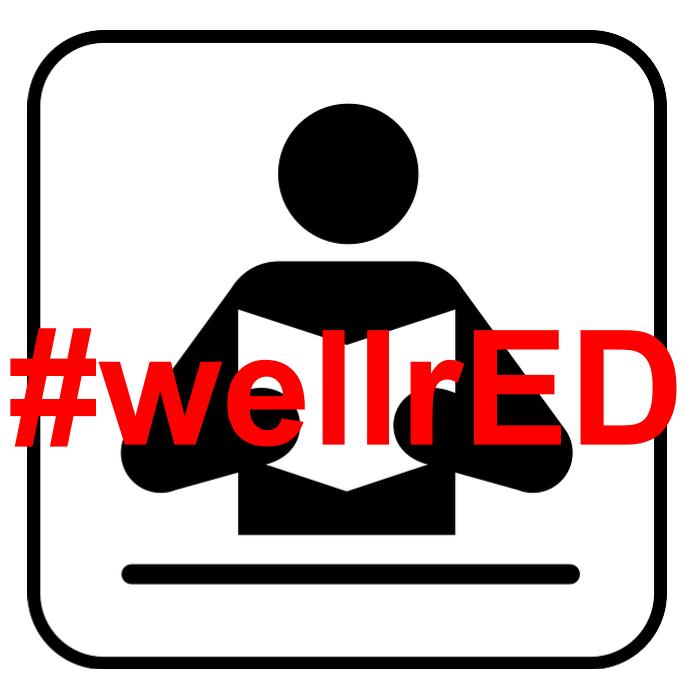She dropped her Kindle into the foot tub when she nodded off during her pedicure.
– First World Problem
Normally, I’m a fan of first world problems. Without them, we would be without series such as Seinfeld and Curb Your
Enthusiasm (both of which I’m told are quite good).
First world problems, when you take notice of them, help to put perspective back in the daily game.
“My online grocery order is late,” or “The projector isn’t working properly during the trailers for the movie I’m watching.”
These are problems of the First World that set people’s blood pumping.
(Let me add to those first two, “I can’t think of suitably ridiculous first world problem examples.”)
Pointing out sadly ironic first world problems is one of those gifts of privilege given by being fortunate enough to be born into the First World.
For those who are self-aware enough to note such problems when they arise, such realizations can serve as suitable gut-checks to the consumption-induced cloud of modern consumerism.
A danger lurks in such global mindfulness.
In making a distinction between the “worlds,” it’s easy to discount the strata that divide citizens within whatever world of development we live.
As I sat with my dinner tonight in the airport, I watched the following exchange between a restaurant cashier and a visibly disgruntled customer. The customer had breezed his way to the register, but his continued look of concern gave the cashier reason to pause.
“Is something the matter, sir?”
Grumble, grumble, grumble. “Yeah, I’ve got a four-hour flight.”
“Well, I’ve heard of bigger problems. Have a safe flight.”
Exchange complete.
Now, bear in mind, the cashier’s last line with spoken with a tone of complete empathy and frankness. It was a sort of “Gee, buddy, that’s tough” line.
The customer’s huff arrived, and he left in it.
I was left behind wondering about what had transpired and what happened in the minds of both men.
Did the cashier hear a whiny voice in his head, “Oh, poor baby, got to sit on a plane for four hours while I keep the beverage cooler full”?
Did the customer realize his complaint and accompanying frustration were first world problems?
Obviously, there are many pieces to this puzzle to which I will never have access.
What I saw were two men separated by station, one relaying a problem of privilege that the other, in that moment at least, did not have access to.
It wasn’t about access to privilege, it was about access to the problems of that privilege as well.
Compared to someone who must struggle each day for access to clean water or suitable nourishment, these men stood together a world away. Compared to one another, they stood a world apart.
The entire exchange has been filed away under the archive of Types of Moments in which I will Keep My Problems to Myself.
I’m a firm believer in the idea behind “Think globally, act locally.”
After today, it might not be a bad idea to make sure I’m thinking locally as well.
